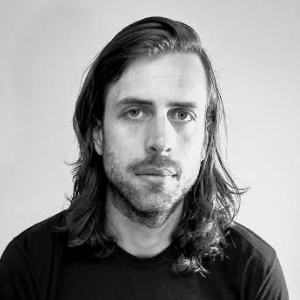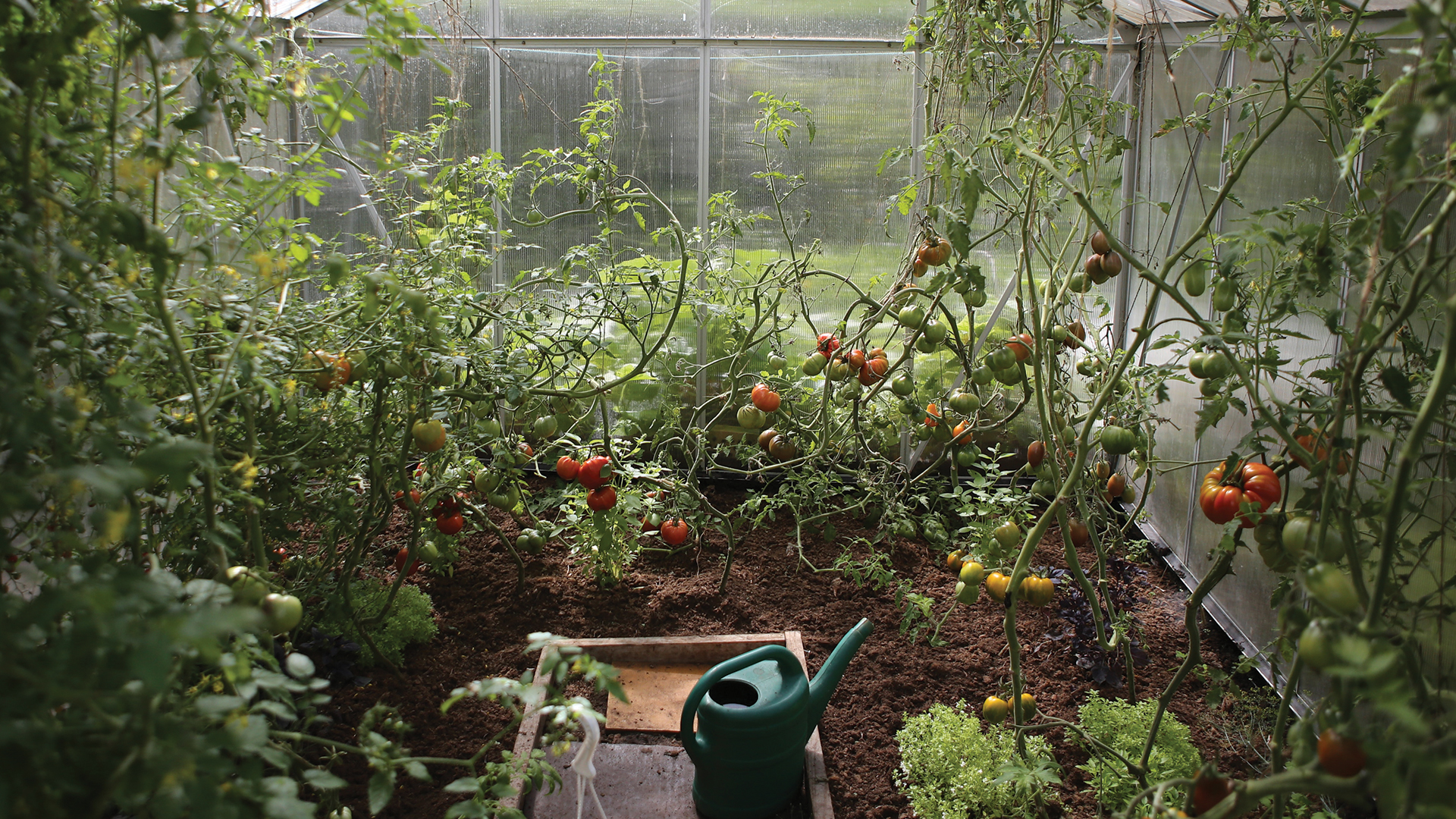We’re honored to partner with St. Luke’s Episcopal Church for Relatio—a contextual learning opportunity in which Seattle School students live in intentional community on St. Luke’s campus, using their education, skills, and gifts to serve the Ballard neighborhood through supporting existing ministries and designing new initiatives. Here, MA in Counseling Psychology student B. Mason Judy writes about how his time in Relatio has intersected with his learning at The Seattle School, and about the gift of living in a community that welcomes and affirms all of its neighbors.
I’ve never enjoyed gardening.
The thought of tending a plot of land is rife with childhood memories of aching knees and fingers, straining to feel the pull of the weed’s roots instead of the snap of the stem. As an adult, traveling in Poland, I signed up to stay at a purported organic farm, part of the WWOOF network (World Wide Opportunities on Organic Farms) where travelers exchange labor for room and board. Instead, I lodged at a rustic Airbnb with a few modest garden plots and painted bedrooms for four days straight. I stayed dry from the drizzling rain, sure, but I also stayed ignorant of how to garden. My hosts’ English was limited, and upon learning that I actually wanted to learn about plants, the patriarch of the home took me on a walking tour of the garden plots, politely pointing out various plants and saying their Polish names, all the while sipping on some home-brewed liquor, and then asked me, at the end, to repeat everything he had just said. Frustrated when I couldn’t, he drove me to an agricultural museum on the outskirts of their village. While I enjoyed looking at rustic farm implements and dodging roaming turkeys, I still learned little about what to do, or how to feed myself from the earth. I left two days later, as my host’s drinking started earlier and earlier, and my reluctance to work any more reached its zenith. My desire to garden remained in Poland, dashed on the rusty implements of that agricultural museum.
But my thoughts about gardening have started to change as I’m learning there’s a lot more to it than growing food. Taking Triune God and Creation, a class on ecotheology from an ecofeminist perspective, in my last term at The Seattle School, I’ve been forced to confront my human-centric view of the world (anthropocentrism) and acknowledge the looming global catastrophes, warming oceans, shrinking glaciers, dying species, super storms, toxic pollution, humanitarian crises related to economic inequality, and the list goes on (all in my last term!). Ecofeminist thought stresses the contextual significance of each individual and the way that knowledge is informed principally by one’s experience, and scholars stress the interdependence of all life and the necessity of acting in right relationship with all of the natural world. Ecofeminists argue that exploitation of the land is inseparable from exploitation of people and that if there is going to be justice it needs to be for all. And I’ve started to learn about these principles through one particular garden, the S.L.U.G.
St. Luke’s Urban Garden (S.L.U.G.) is adjacent to my residence—two shotgun-style cottages on the property of St. Luke’s Episcopal Church in the Ballard neighborhood. The cottages have been my home for two years, and in that time I’ve seen the comings and goings of local gardeners, some church parishioners, and other folks with a green thumb and a desire to grow their own food. I live on the property as a part of the Relatio program, a partnership between The Seattle School and St. Luke’s. Produce from the SLUG is shared with the church’s meals ministry, Edible Hope, and the space is also a hangout spot for local residents and neighbors, both housed and unhoused. Along with the SLUG, St. Luke’s has an apiary on its roof and the largest rain garden in North Seattle, and lives out its ecumencial beliefs by renting space to The Bridge, a ministry of Quest Church, and the historic chapel to Pangea, a Brethren in Christ Church in the U.S.
Gardening sustains the community and brings people together in ways that are oriented to work and to social activities. It is both a concrete reality, supplying food, and a metaphor for a way of living that aims at a just, viable relationship with the earth and the surrounding community. Ecofeminist Sally McFague writes about metaphor as a bridge between knowing that is both symbolic and embodied. In this way, being a part of Relatio has helped me realize that the community I’m living in is living out the values and the ways of being that are needed to address the catastrophes at hand. Not only is the land and the earth respected, people are welcomed in and loved, regardless of their social status, gender, race, or sexual orientation. At St. Luke’s all bodies are considered good, and the way this is communicated is through the act of feeding, body and soul. As a part of my resident project I’ll be hosting an art show featuring Seattle School artists, an act that further feeds the soul.
“At St. Luke’s all bodies are considered good, and the way this is communicated is through the act of feeding, body and soul.”
I’m still not at a place where I want to sink my hands in the dirt, plant seeds, wrestle with the hellish expanse of weeds. But I am more mindful, and grateful, for the opportunity to live in a community that is supportive of life, rejects hate, and actively works against oppression. Gardens are a space where life grows and where abundance can flourish in a way that acknowledges the interdependence of the biosphere on a local, personal level. This is a flourishing that isn’t at the expense of the other. And this flourishing is indeed more, an abundance that is personal, communal, and spiritual—in short, an embrace of the desire for more that is often directed to material aims. I think of the garden when I read the words of queer ecotheologian Whitney Bauman who writes, “We ought not deny our desire for more, but channel those desires into using wealth to create a more ecologically viable and just world.”1
1Bauman, Whitney A. “Queer Values for a Queer Climate: Developing a Versatile Planetary Ethic.” In Meaningful Flesh: Reflections on Religion and Nature for a Queer Planet, edited by Whitney A. Bauman, 103-123. Earth, Milky Way: Punctum Books, 2018.
We are currently accepting applications for Relatio. If you are interested in moving in at any point in the 2019-20 Academic Year, contact program director Kate Davis, kdavis@theseattleschool.edu.


